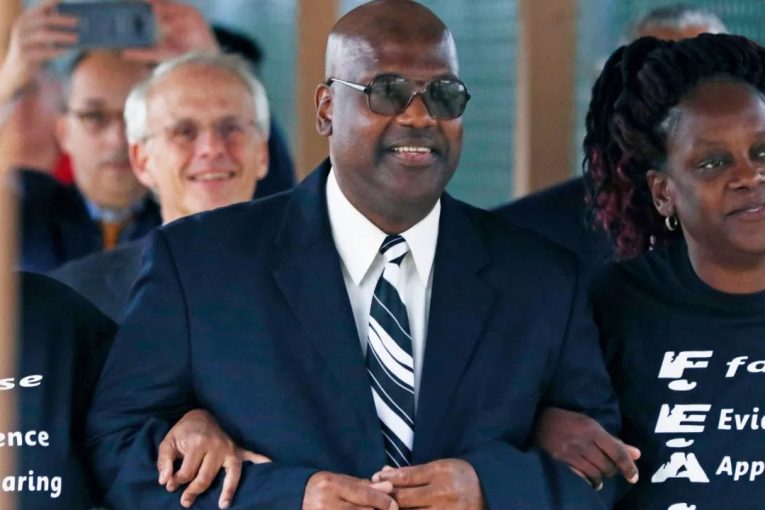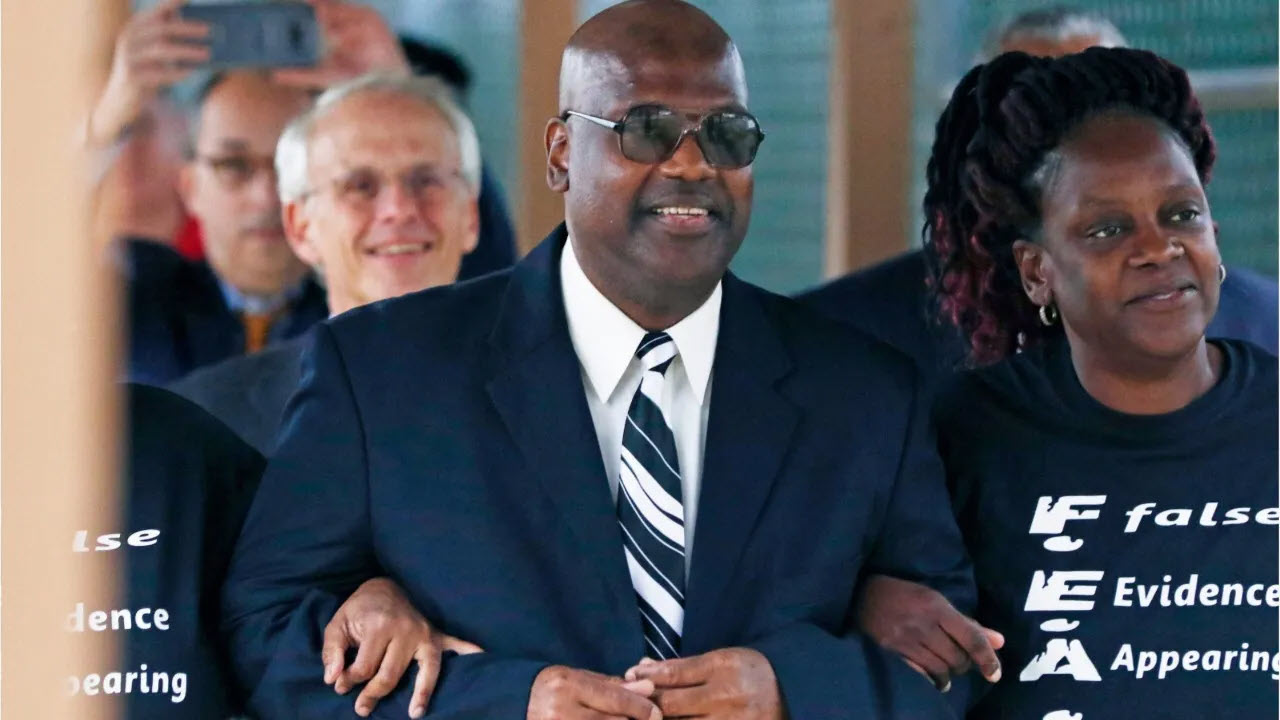

By Gabriela Tsudik
A Mississippi man, Curtis Flowers, who was tried six times for a single case after two decades of trials, is finally free.
Curtis Flowers was subjected to 23 years behind bars and, six trials, and four death sentences. Recently he was under months of house arrest for murders he always insisted that he did not commit. Mr.Flowers is now 50 years old, and, in a statement given by his lawyers on September 4, 2020, he said, “Today, I am finally free from the injustice that left me locked in a box for nearly 23 years,” He even mentioned that he never gave up on the idea that he would one day be free, because of his family by his side.
“As the evidence stands today, there is no key prosecution witness … who is alive and available and has not had multiple, conflicting statements in the record,” Assistant Attorney General Mary Helen Wall wrote in a filing on Friday.
He added, “The only witness who offered direct evidence of guilt recanted his prior testimony, admitting he was lying when he said Mr. Flowers made a jailhouse confession to the murders.
“This prosecution was flawed from the beginning and was tainted throughout by racial discrimination,” said defense lawyer Rob McDuff of the Mississippi Center for Justice. “It should never have  occurred and lasted far too long, but we are glad it is finally over.”
occurred and lasted far too long, but we are glad it is finally over.”
Flowers was first arrested in January of 1997 for a shooting that resulted in the death of four victims.
On July 16, 1996, a retired employee of Tardy Furniture, Mississippi, entered the store and found the bodies, the owner and three employees, one of which who was 16 at the time. All of them had been fatally shot. The police then immediately suspected Curtis Flowers because they learned that he had been fired 13 days prior, and he owed the owner $30 for a cash advance on his paycheck. Some eyewitnesses said they also saw Flowers near the store on the same morning of the shootings. Though no gun was found, bullets from the same caliber gun were determined to be from the same gun stolen from Flowers’s uncle’s car on the day of the shooting.
In Flowers’s first trial he was found guilty of the murder of the owner, Bertha Tardy, and sentenced to death. It is important to note that the jury was all white, and Flowers is African American. In the second trial, he was found guilty of the murder of one of the employees and sentenced to death, with a jury of 11 white people and one black person. Following these two trials, in 2000, the Mississippi Supreme Court reversed Flower’s first conviction, in regard to prosecutorial misconduct, and in 2003 Mississippi Supreme Court reversed his second conviction, again citing prosecutorial misconduct. Nevertheless, in 2007 Flowers’s third trial, he was found guilty for all four murders and sentenced to death. However, the fourth trial and the fifth trials ended in hung juries.
In June of 2010, in Flower’s sixth trial, he was again found guilty of all four murders and sent back to death row at Parchman Prison.
Eight years later, in 2018, reporters found critical flaws in the case against Flowers. This included evidence that pointed to an alternate suspect, and two key witnesses recanting their testimony. It was also found that the office of District Attorney Doug Evans in Mississippi has had a long history of discrimination by race in jury selection.
Later that same year the Supreme Court finally agreed to review Flowers’s appeal.
The court heard oral arguments on March 20, 2019, and briefs were filed on behalf of Flowers by the Magnolia Bar Association, the Mississippi Centre for Justice, and Innocence Project New Orleans.
Following that, on June 21, 2019, the U.S Supreme Court overturned Flowers’s sixth conviction with a vote of 7-2 in Flowers v. Mississippi. The decision was based on the argument that the prosecutor, Doug Evans, had committed a Batson violation. He made this violation by striking all by one of the prospective black jurors in Flower’s sixth trial. Supreme Court Justice Brett Kavanaugh wrote the majority decision and stated, “The state’s relentless, determined effort to rid the jury of black individuals strongly suggests that the state wanted to try Flowers before a jury with as few black jurors as possible, and ideally before an all-white jury.” He said further, “We cannot ignore that history.” Moreover, in all the six trials, Evans used 41 of 42 challenges to exclude African Americans from the juries.
However, freedom was not yet granted for Flowers.
In December of 2019 Flowers was released on bail and placed on house arrest, pending a possible seventh trial—although it was not until January of 2020 that Doug Evans recused himself from prosecuting the case, and the Mississippi Attorney General’s office took over.
Ultimately, after eight months of review, Attorney General Lynn Fitch dropped all charges against Flowers, and a lawyer for Mr. Flowers, Rob McDuff, on Friday, September 4, said that the case against his client “never made sense, and this prosecution was flawed from the beginning and was tainted throughout by racial discrimination.”
To sign up for our new newsletter – Everyday Injustice – https://tinyurl.com/yyultcf9

There’s a podcast series on the Flowers case, here. Pretty interesting to listen to.